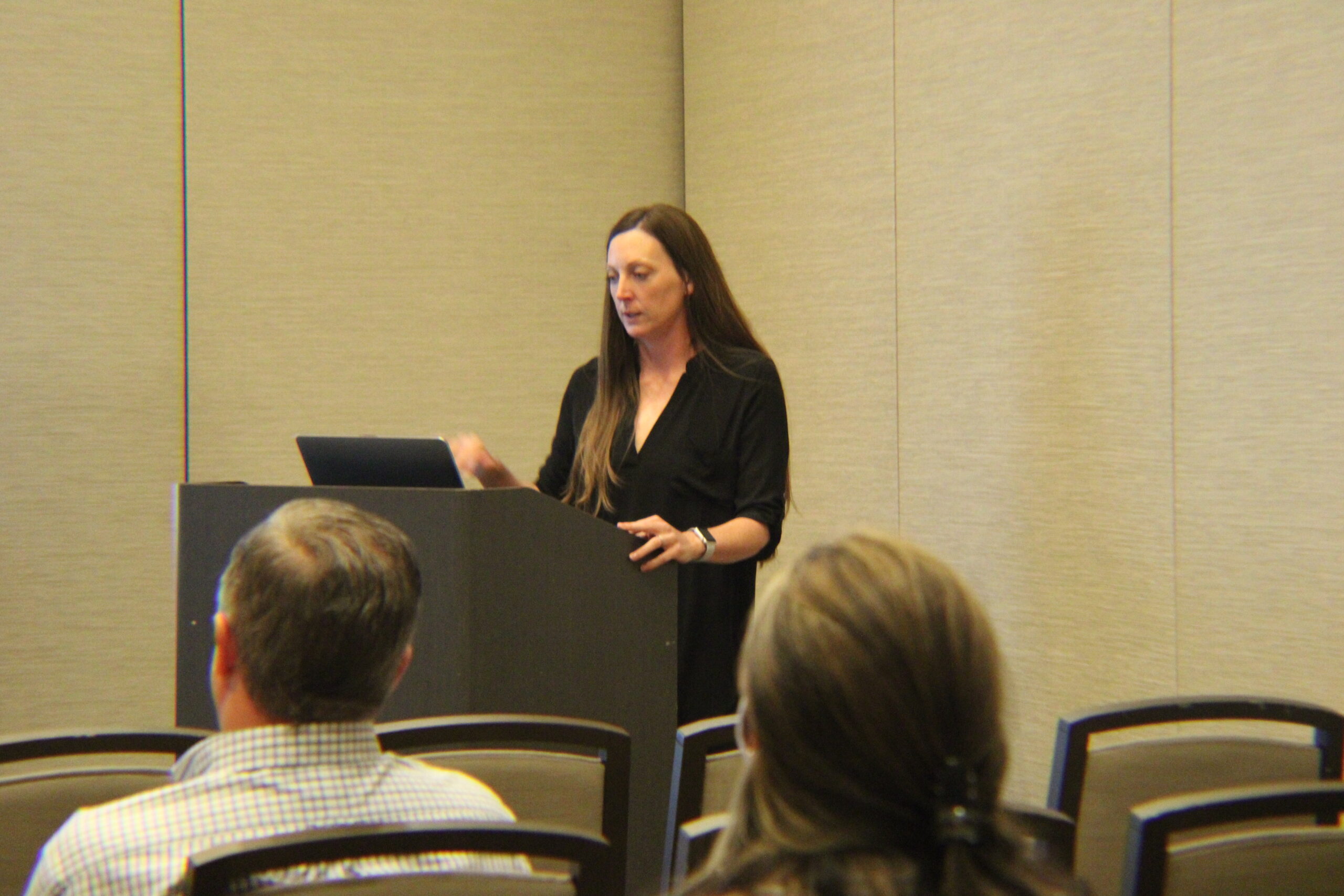
From mentorship opportunities to training programs, Education, Outreach, and Diversity (EOD) is one of the central aspects to any NSF EPSCoR project. This year, NSF EPSCoR welcomed representatives from its various jurisdictions nationwide to its first Education, Outreach, and Diversity Conference to learn more about EOD and science communication.
The conference took place in South Carolina from September 11 to September 14, 2022.
Emily Wendte represented Guam NSF EPSCoR at the event as its education and workforce development program associate. As part of Wendte’s responsibilities, she coordinates activities between students, faculty, and project partners.
Along with Cheryl Sangueza, Ph.D., the student program coordinator for Guam NSF EPSCoR, Wendte presented a slideshow entitled, “Communicating Science Through the Lens of Culture and Identity,” which focused on the Near-Peer Mentorship model that Guam NSF EPSCoR uses to encourage its student researchers to think about science communication and the importance of their work.
Once a month, graduate students and postdoctoral researchers from Guam NSF EPSCoR connect with the program’s undergraduate student researchers as well as those from the NSF INCLUDES: SEAS Islands Alliance Guam Hub to talk about their personal experiences as they develop their careers in STEM, advice, as well as better ways to make their research more accessible to the local populace.
“What’s unique for us is that we’re talking about culture and identity through science communication without losing the integrity of their research,” said Wendte. “They’re thinking about how their work not only makes an impact on a global perspective, but also how it’s important locally and how they’re influencing their local environment and community.”
For these researchers, talking to each other allows them to be more reflective of their projects as well as support each other.
“The reception to the presentation was phenomenal,” said Wendte. “The students’ work and what they did really shone through. I talked about how our Near Peer sessions worked and the prompts we would give them to encourage them to talk to each other and relate their experiences to things outside science, within science, and their experiences.”
Wendte said that after the presentation, representatives from other NSF EPSCoR jurisdictions came up to her to talk about ways they could better serve their students.
“Guam is in a great position to show the world what we are doing and how it can be done,” said Wendte. “When I was just starting off in education, someone shared with me this important motto: the responsibility of knowing is sharing. I always took that to heart, and I feel that is what Dr. Sangueza and I did with this presentation. We were able to make people think about their programs and what they can do for their students.”


